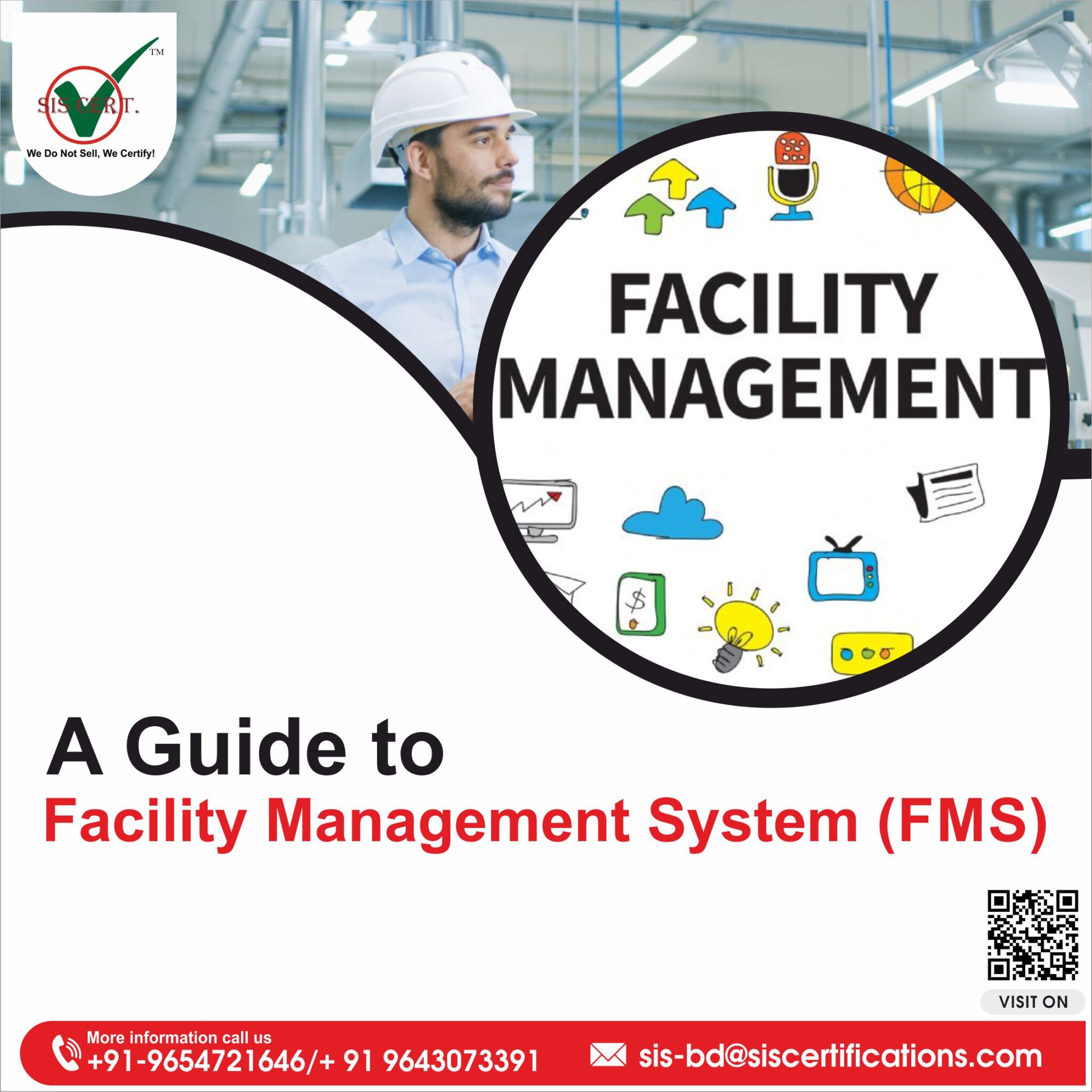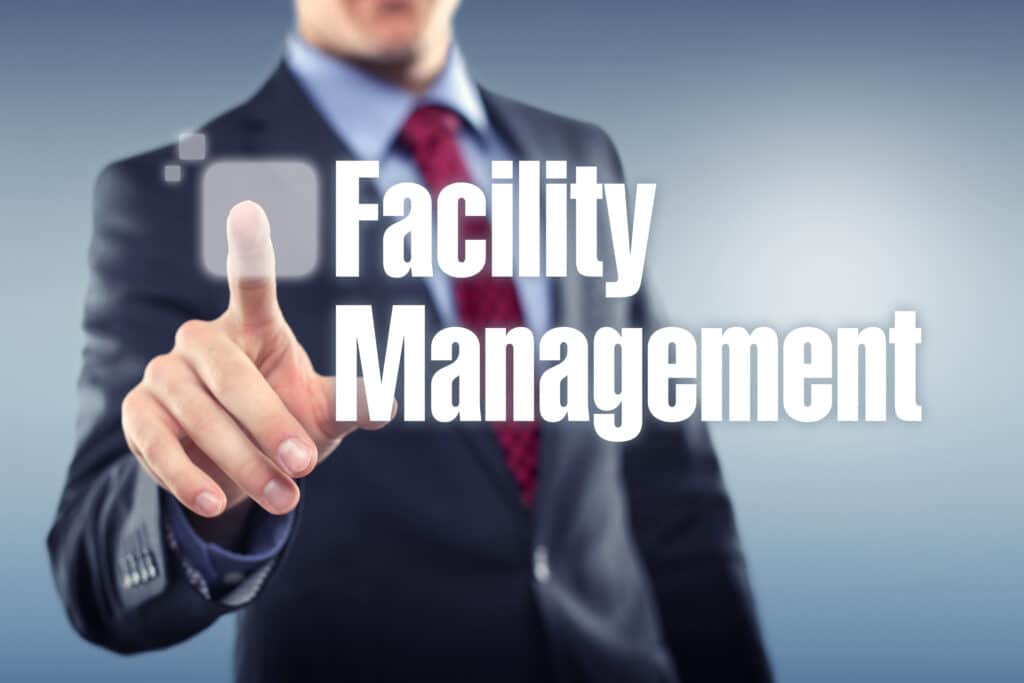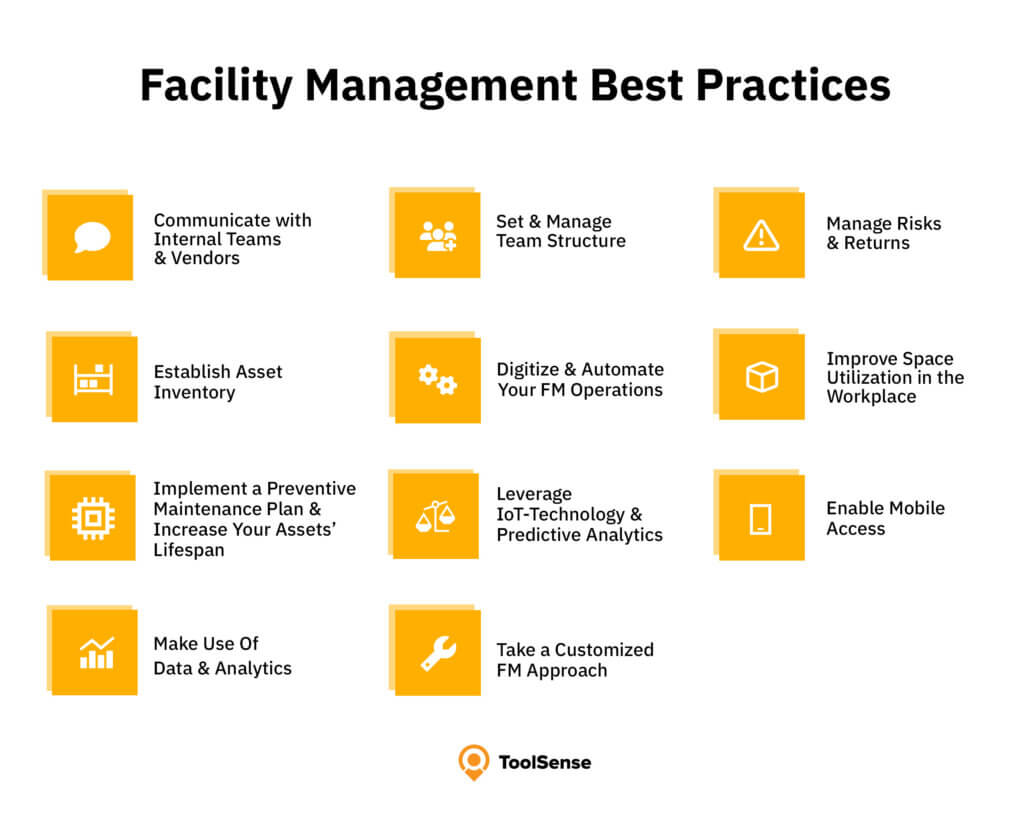Total Facility Management: A Complete Solution for Property Maintenance
Total Facility Management: A Complete Solution for Property Maintenance
Blog Article
Why Total Facility Management Is Essential for Organization Success
Total Facility Management (TFM) offers as a cornerstone for business success by balancing varied functional facets such as maintenance, area use, and safety and security actions. As companies navigate a competitive landscape, comprehending the complex advantages of TFM can be crucial in driving cost efficiency and improving employee efficiency.
Comprehending Total Facility Management
Total Facility Management (TFM) incorporates a comprehensive approach to managing an organization's buildings and associated services to ensure optimal functionality, safety and security, and performance. TFM incorporates numerous techniques, consisting of upkeep, operations, space management, and safety methods, to develop a natural framework that supports an organization's core purposes.
At its core, TFM intends to simplify the procedures included in facility management, improving and decreasing redundancies service distribution. This strategy includes the sychronisation of activities connected to property management, such as repair services, cleaning, and power management, to foster a productive setting for workers and stakeholders alike. TFM additionally highlights the significance of implementing ideal methods and cutting-edge modern technologies to improve solution high quality and reduce functional costs.
By straightening facility management tasks with business goals, TFM improves total performance while guaranteeing conformity with health, safety, and ecological laws. Thus, TFM serves not just as a logistical feature but also as a calculated property, adding to an organization's long-lasting sustainability and development.
Trick Advantages of TFM
Leveraging a comprehensive approach, organizations that apply Total Facility Management (TFM) unlock a myriad of benefits that add to total business success. One of the primary advantages of TFM is the enhancement of functional effectiveness. By settling facility services under a unified management structure, organizations can enhance procedures, minimize redundancies, and boost interaction throughout divisions.
In addition, TFM advertises an aggressive upkeep approach, which decreases downtime and expands the life-span of facilitiess and tools (Total Facility Management). This aggressive strategy not just improves efficiency however likewise promotes a much safer working atmosphere, ultimately resulting in higher staff member satisfaction and retention prices
In addition, TFM promotes much better resource allotment by providing insights right into facility performance metrics. Organizations can identify locations for enhancement, enabling them to make informed choices that line up with their calculated goals.
TFM and Price Performance
Accomplishing cost performance is an essential goal for companies, and Total Facility Management (TFM) plays a critical role in this undertaking - Total Facility Management. By incorporating various facility services under a solitary management structure, TFM makes it possible for organizations to streamline procedures and decrease redundancies. This all natural technique results in substantial expense savings, as it removes the need for numerous vendors and streamlines procurement procedures
Furthermore, TFM cultivates positive upkeep methods, which minimize the danger of costly repair services and downtime. By prioritizing preventative measures, companies can extend the life expectancy of their properties and decrease unanticipated expenditures. In addition, TFM incorporates energy management practices, which can drastically cut energy costs with reliable resource usage.
The centralization of information and analytics within TFM allows organizations to make enlightened economic decisions. By determining fads and areas for enhancement, TFM allows customized strategies that additionally boost cost management. Moreover, the scalability of TFM remedies ensures that as organizations grow, their facility management techniques remain efficient and lined up with monetary objectives.
Enhancing Employee Productivity
A well-managed facility can considerably increase worker efficiency by producing a helpful workplace. Effective Total Facility Management (TFM) makes certain that all facets of the office-- from lights and temperature level to sanitation and safety-- are optimized. When employees operate in a space that is comfy this and properly maintained, they are extra most likely to concentrate on their tasks, causing higher output and work satisfaction.
Moreover, TFM can boost cooperation with the calculated style of communal locations, urging team effort and development. By buying the right sources and innovation, organizations can facilitate smooth interaction and improve workflows, better boosting efficiency. Regular upkeep and timely responses to facility problems prevent disturbances that might otherwise prevent performance.
Additionally, a secure and healthy work setting, supported by TFM techniques, minimizes absenteeism and advertises well-being, straight correlating with raised efficiency degrees. Eventually, focusing on facility management is an investment not just in physical assets yet also in the labor force itself. By fostering a setting that supports worker needs and preferences, organizations can cultivate an extra engaged and effective workforce, driving general success and affordable advantage.

Future Trends in TFM
Accepting technical improvements is readied to improve the landscape of Total Facility Management (TFM) in the coming years. As the need for my latest blog post performance and sustainability increases, TFM will increasingly adopt smart building technologies, integrating Internet of Things (IoT) devices to handle and keep track of facility operations in real-time. This shift will enable aggressive upkeep, dramatically reducing functional prices and boosting service distribution.

Sustainability remains an essential focus, with TFM specialists expected to prioritize eco-friendly methods. This consists of utilizing sustainable power resources and optimizing waste management systems to lower the carbon footprint of facilitiess.
Remote management abilities will certainly additionally be increased, allowing facility managers to supervise operations from essentially anywhere. This adaptability will certainly become vital as organizations adapt to hybrid work models. In summary, the future of TFM is poised for change my review here with innovation, sustainability, and improved functional approaches, ensuring businesses stay competitive in an advancing landscape.
Verdict
By incorporating different operational features, TFM enhances performance and lines up facility management with business goals. As businesses significantly embrace sustainable methods and innovative innovations, the significance of TFM will certainly continue to expand, ensuring long-lasting operational efficiency and competition in a developing industry.

Report this page